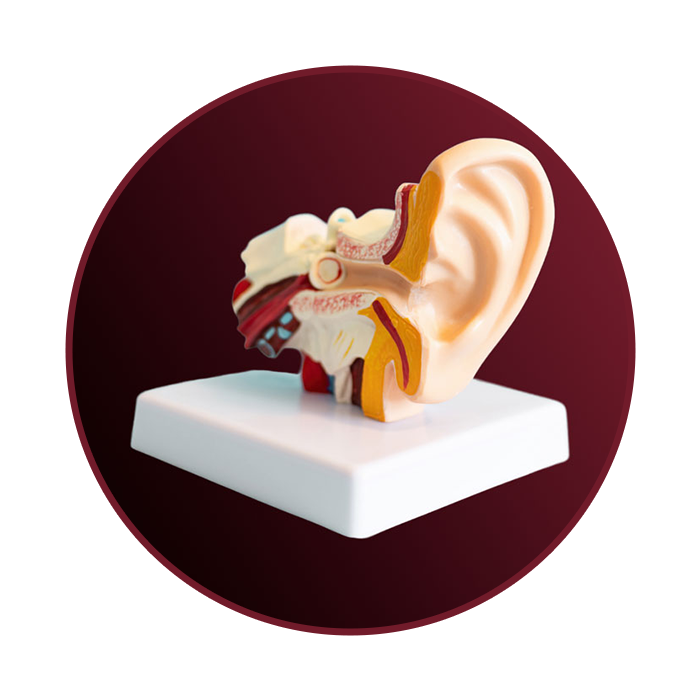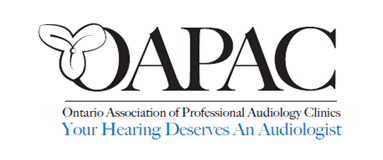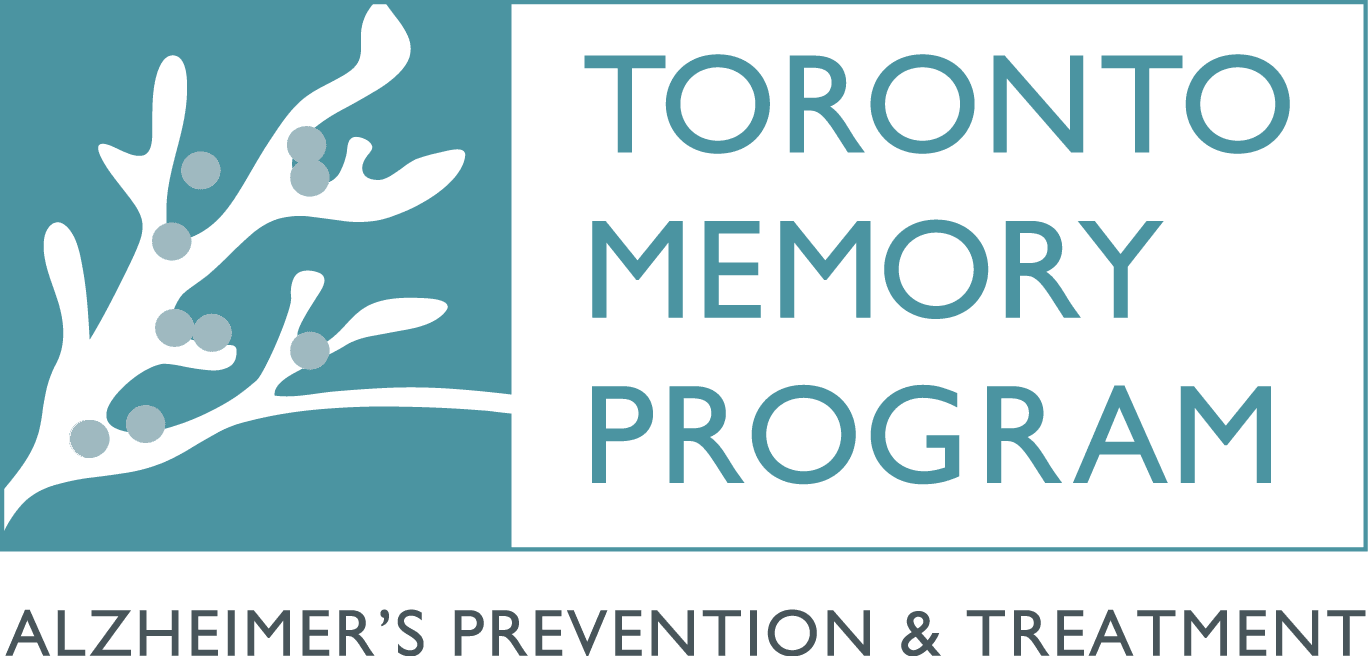
Tinnitus or "Ringing In The Ears"
At Bovaird Hearing Clinic, we empathize with the significant impact that tinnitus can have on your daily life. Tinnitus refers to the perception of sound, such as ringing, buzzing, roaring, clicking, or hissing, in the absence of external noise. Our approach to tinnitus treatment is holistic, taking into account your unique needs to provide comprehensive care. Tinnitus can arise from various factors, including exposure to loud noises, age-related hearing loss, earwax blockage, ear bone changes, certain medications, and underlying health conditions such as high blood pressure, anxiety, and temporomandibular joint (TMJ) disorders.
Our experienced providers specialize in identifying and addressing the underlying causes of tinnitus. We offer personalized treatment solutions tailored to your specific situation. These solutions may include stress management techniques, sound therapy methods to mask or distract from the ringing, and advanced hearing aids for individuals with hearing loss or subnormal hearing. We recognize that tinnitus can significantly impact your quality of life, affecting your sleep, concentration, and emotional well-being. That’s why our dedicated team is here to provide guidance and support throughout your tinnitus treatment journey.
Understanding Tinnitus
It is crucial to note that tinnitus is a prevalent condition, with an estimated 50 million American adults affected by it. Furthermore, approximately 80% of people with hearing loss also experience tinnitus. The sound of tinnitus can vary in intensity and frequency, with some individuals noticing it only in quiet environments while others experience it persistently throughout the day, interfering with daily activities and potentially leading to depression, anxiety, and difficulties with concentration.
Determining the cause of tinnitus can be complex, and our providers undertake a comprehensive evaluation to uncover the underlying factors contributing to your specific symptoms. Age-related hearing loss and damage to the cochlea, the sensory organ responsible for hearing, are common culprits. The cochlea contains delicate hair cells that, when damaged, result in permanent damage to the nerves connecting the hair cells to the brain, leading to tinnitus. Aging and exposure to excessive noise, whether from work or recreational activities, are significant contributors to hair cell damage. Additionally, physical trauma to the head or neck, as seen in car accidents or slip and fall incidents, can impact hearing and result in tinnitus.
While age-related changes and excessive noise exposure are prevalent causes, it’s important to note that other medical conditions can also lead to tinnitus. These conditions include hypertension, acoustic neuroma (a tumor on the hearing nerve), thyroid disease, vascular disorders, temporomandibular joint (TMJ) disorders, ear infections, nutritional deficiencies, aneurysms, multiple sclerosis, and certain medications. In fact, some prescription and over-the-counter drugs list tinnitus as a potential side effect.
Understanding the specific cause of your tinnitus can be challenging due to the diverse range of potential factors involved. Therefore, it is crucial to consult with a Doctor of Audiology to pursue a thorough evaluation and find answers to your questions about tinnitus. At Bovaird Hearing Clinic, we are dedicated to providing you with the necessary expertise and urgency to address your tinnitus and enhance your overall well-being.

Get a FREE copy of Sherina Samuel's book on hearing health and find out how the early treatment of hearing loss & tinnitus can improve your quality of life, maintain your independence and may reduce your risk of dementia.
Healthy Hearing for Healthy Cognition
Tinnitus Treatment Options
Despite hearing the discouraging statement that there is no solution for tinnitus, we want to emphasize that it is not true. While there is no cure for tinnitus, there are indeed effective FDA-approved treatment options available to reduce and, in some cases, eliminate the ringing. Here are the commonly asked questions about treatment options, categorized based on their scientific findings and effectiveness in research studies.
Tinnitus Treatment Technology
The most effective treatment option for tinnitus is Treatment Technology, approved by the FDA. It restores proper stimulation to the brain, benefiting both individuals with hearing loss and those with normal hearing. Studies have shown that patients using this tinnitus support technology experience a significant reduction in their daily tinnitus symptoms, with some even reporting the absence of ringing throughout the day.
Tinnitus Medication
Although there are no FDA-approved drugs specifically for treating tinnitus, pharmacological options can target stress, anxiety, and depression associated with tinnitus. In some cases, low doses of anti-anxiety medications or antidepressants can help reduce tinnitus symptoms. A combination of a middle ear steroid and an anti-anxiety medication has shown effectiveness in limited cases.
Tinnitus Brain Training
Exciting research published in JAMA indicates that a new BrainHQ game can significantly reduce patients’ perception of tinnitus. The study, titled “Cognitive Training For Adults with Bothersome Tinnitus,” found that specific brain exercises on the BrainHQ platform helped patients cope with tinnitus. Although further investigation is needed, the results are promising. Magnetic Resonance Imaging (MRI) showed significant differences in brain activity, with those using the exercises showing strengthening in areas associated with control and attention. While more research and improvements are required, observing brain plasticity in tinnitus patients is a positive development.
Tinnitus Surgery
When patients are faced with the distressing effects of tinnitus, it is not uncommon for them to seek drastic measures in hopes of finding relief. One such question that often arises is whether cutting or severing the hearing nerve could eliminate their tinnitus altogether. However, it is important to note that this permanent and deafness-inducing procedure is not a reliable means of reducing tinnitus. On the contrary, undergoing surgical destruction of the hearing nerve can paradoxically result in the persistence of tinnitus as the only sound perceived. This phenomenon can be likened to the concept of “Phantom Limb,” where amputees continue to experience sensations in a limb that is no longer there. Therefore, while the idea of severing the hearing nerve may seem like a viable solution, it is crucial to understand that it does not guarantee relief from tinnitus and may even exacerbate the condition.
Let the professional and friendly team at Bovaird Hearing Clinic help you enjoy life to the fullest!

We provide impartial and comprehensive advice when it comes to selecting a hearing aid. Our team of specialists leads you through a comprehensive hearing assessment, enabling us to determine the perfect hearing device for your individual needs and lifestyle.
Hearing Aids and Assistive Listening Devices
Hearing Aids and Listening Devices That Suit Your Needs
As an independent hearing treatment centre, we are free to choose from all manufacturers of hearing aids and assistive listening devices. When we build your personalized holistic hearing treatment plan, we select hearing aids based on what best suits your individual needs and preferences rather than a specific brand.

Our comprehensive and holistic hearing tests includes Cognivue cognitive screening. Midlife hearing impairment is the #1 modifiable risk factor for cognitive decline! Book your hearing test today!
Book Your Advanced Hearing Test With Cognitive Screening
Bovaird Hearing Clinic - More Than Just Hearing Aids
Here is what our personalized treatment plan will provide you:
Highly Experienced Audiologist
First Doctor of Audiology in Brampton with over 20 years of experience in treating patients with hearing loss, cognitive decline and tinnitus.
Treatment Options
As an independent treatment centre, we can select to work with any manufacturer, ensuring you get the best hearing aid options for your unique needs.
Treatment Plan with Results
Developmental psychology with neuroscience knowledge base contributes to a treatment plan with long-term results.
Treatment Focused
Medical treatment of hearing with focus on the cognitive aspects of hearing loss and tinnitus.
Advanced Testing
Including QuickSIN, Auditory Processing, and Cognivue to understand how the brain manages sound and improves cognitive health
Pediatric Treatments
Fully qualified to treat children of all ages with hearing loss.
Hearing Loss Funding Programs
We are a Registered Provider for the following funding programs:









If you're looking for heathy hearing for healthy living, Bovaird Hearing Clinic offers comprehensive Hearing Loss and Tinnitus treatment solutions for Active Aging. Contact us today to book your hearing test!
Brampton's Top Independent Audiologist
Bovaird Hearing Clinic is Proud to Hold Partnership With:














